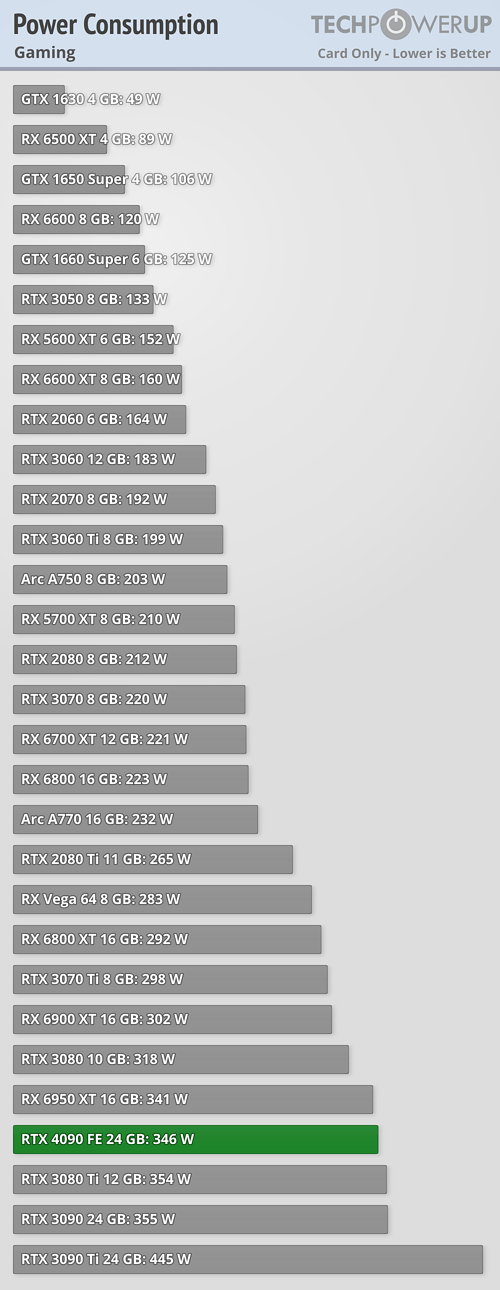0
Power Delivered =
p = i*V
Power Dissipated:
(In the resistors)
P= R*I^2
Don't your words and picture say two different things? If both are correct then Power Delivered = Power Dissipated. I can divide both sides by power and arrive at Delivered = Dissipated. Assuming we're not taking large portions of the power and converting it into some other energy state, like radio waves or other types of emitted radiation. I guess my comment should have pointed to CPUs, as probably north of 95% of the power draw will be waste heat torching your rooms.
Power Delivered =
p = i*V
Power Dissipated:
(In the resistors)
P= R*I^2
![[H]ard|Forum](/styles/hardforum/xenforo/logo_dark.png)

